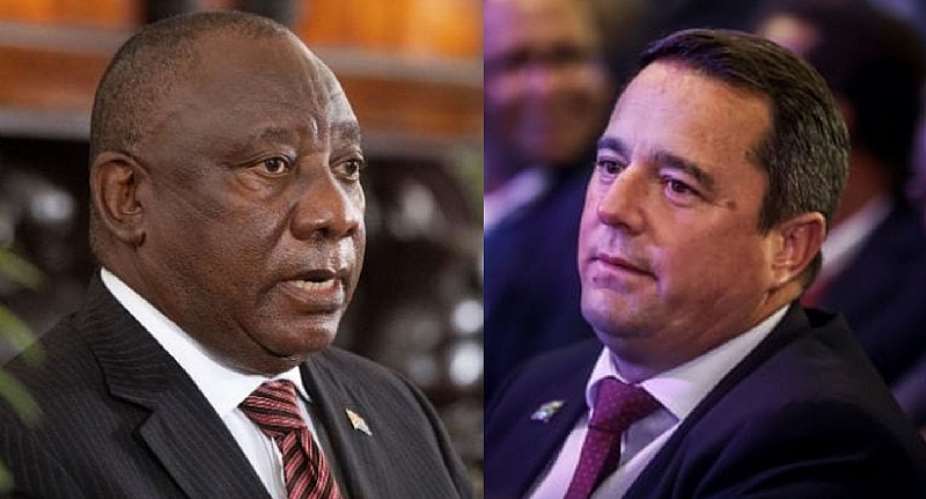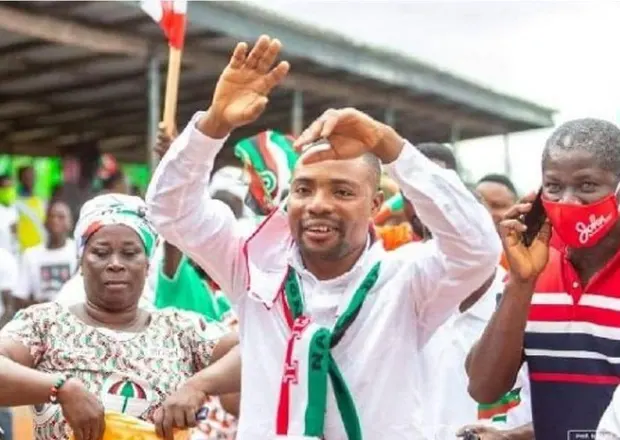Quite a number of veteran but not necessarily studious or observant and expert political pundits or commentators have remarked on and about South Africa’s most recent General Election in ways that tell their readers and audiences more about their predictable lack of understanding of human political culture in general but South African political culture in particular. For a great percentage of these jaded and effectively spent pundits and commentators, in classical Shakespearean fashion in reverse, as it were, it was almost as if the leadership of the Post-Mandela African National Congress (ANC), which has dominated the politics of this most multiracial economic behemoth over the last three decades had done anything uniquely different from the way that their other fellow humans across the proverbial Primeval Continent and, some would even say, the very Cradle of Humanity and Civilization, and the rest of Planet Earth have always done, thus the precipitous dip in the popularity and the political clout of this hitherto most ideologically and institutionally cohesive political party organization that was founded as relatively far back as 1912 and, unarguably, the most significant and Oldest Modern Political Party on the African Continent.
It was all to be expected that the Greatest Multiracial, Multiethnic and Multinational and Multicultural Umbrella or All-Encompassing Tent Party’s leadership would almost immediately be mired by corruption, greed and wanton acquisitiveness at the damnable expense of the very people whose utmost interests and destiny they have for decades and generations been claiming to better represent than any of the other political establishments in this country of some 60-million people. Now, 30 years is just a little over a generation and enough time for the leadership of the longest and the most colonially oppressed nation of indigenous Africans to settle down and become blasé with the new status quo, as it were. Which is why it was just a matter of course for the African National Congress to be seismically jolted back onto the proverbial “Narrow Path” of socioeconomic upliftment of the overwhelming majority of the long-neglected, slavishly exploited and cavalierly marginalized indigenous African people who are no longer as cohesively unified as they had been when they had a common enemy in the Crucible of the globally odious Apartheid Regime of White-Supremacist Fascist Democracy.
But there is a danger in the kind of apparently amnesiac comfort that makes the politically regressive splintering of the ANC into smaller Ethno-African Polities seem like a “Bantustanistic” atavistic reprise of the precolonial status quo that made it relatively so easy for the better militarily equipped European invaders to quietly settle and politically cannibalize and attempt to exterminate and rewrite both the history and pejoratively redefine the destiny and the role and the status of the indigenes in favor of the intruder, the settler and the colonizer. Fortunately, the present era of Globalization has almost irreversibly ensured the relatively peaceful coexistence of all races and ethnicities of global humanity in ways that have never been witnessed heretofore. And on the preceding count, the reference is to the practical realization of the imperative need for global humanity to become multi-mutually protective of one another, in the long term, or perish together in-toto.
It is not a voluntary matter of choice or happenstance; rather, it is a moral imperative, an existential necessity. Which is why the very adult and practically savvy decision by the leadership of the African National Congress, which presently controls slightly under 40-percent of South Africa’s 400-seat Parliament, to form a governing coalition with the predominantly white Democratic Alliance (DA) political party, led by John Steenhuisen, the Boer-Afrikaner Neoliberalist, I presume, ought to come as good news. With 87 parliamentary seats, the Democratic Alliance, together with the African National Congress, presently control 62-percent of Legislative and Executive Powers in the New Ramaphosa and Steenhuisen South Africa. Which, of course, bodes quite well for the destiny and the future of Boer-Afrikaners who clearly appear to have far more to gain from the New Coalition arrangement than even the marginally dominant African National Congress itself.
Not surprisingly, though, it is the Julius Malema-led Economic Freedom Fighters (EFF) party and the Jacob Zuma-led MK Party (or the Mkhonto we Sizwe, not to be confused with the erstwhile ANC’s military wing that was once commanded by the legendary Nelson Mandela) that stand the risk of literally writing themselves into eventual and virtual political irrelevance and total extinction, even as such relatively much smaller political parties as Inkatha Freedom Party (IFP), founded by the late Chief Mangosuthu Buthelezi (1928 and 2023), and the Patriotic Alliance (PA), largely composed of mixed-race or colored South Africans, parlay themselves into formidable political relevance and major players and forces to be reckoned with in the increasingly cosmopolitan New South Africa, by their very progressive and conciliatory decision to hitch wagons with both the ANC and the DA to form the Ramaphosa-declared Government of National Unity (GNU).
My bottom-dollar prediction here is that if the ANC-DA Government of National Unity proves itself to be a significant upgrade or a remarkable improvement on the previous much-maligned Zuma and Ramaphosa tandem administrations, Malema’s Economic Freedom Fighters Party and former President Zuma’s MK Party will logically become toast, as it were. I cannot wait to spread my Blue Bonnet Butter on these crabby narcissistic human cracker biscuits, trust me.
*The writer is a former Honorary Member of the African National Congress, City College of the City University of New York (CCNY of CUNY), 1988-1990.
*Visit his blog at: KwameOkoampaAhoofeJr
By Kwame Okoampa-Ahoofe, Jr., PhD
Professor Emeritus, Department of English
SUNY-Nassau Community College
Garden City, New York
June 16, 2024
E-mail: [email protected]





 You're an illiterate, illogical; a sane person won't praise Bawumia's 'destructi...
You're an illiterate, illogical; a sane person won't praise Bawumia's 'destructi...
 NHIS was a brainchild of NDC, piloted during PNDC era; we've failed to market th...
NHIS was a brainchild of NDC, piloted during PNDC era; we've failed to market th...
 'Mahama has no respect for Ghanaians; I'm disappointed in him' — Development Eco...
'Mahama has no respect for Ghanaians; I'm disappointed in him' — Development Eco...
 King Oyanka petitions IGP: Greater Accra Regional Police accused of undermining ...
King Oyanka petitions IGP: Greater Accra Regional Police accused of undermining ...
 'It's backed by data' — Local gov't Minister clarifies his 'Ghana's poverty leve...
'It's backed by data' — Local gov't Minister clarifies his 'Ghana's poverty leve...
 TUC condemns manager for assaulting female employee at Nkawkaw over GHC90
TUC condemns manager for assaulting female employee at Nkawkaw over GHC90
 SSNIT Hotels Sale: We will continue to engage stakeholders — Director-General
SSNIT Hotels Sale: We will continue to engage stakeholders — Director-General
 Claims gov't secured debt restructuring agreement with IPPs misleading, deceptiv...
Claims gov't secured debt restructuring agreement with IPPs misleading, deceptiv...
 Koforidua SECTECH Staff dies in car crash at Somanya
Koforidua SECTECH Staff dies in car crash at Somanya
 NDC National Executive fume over suspension of ‘sexy’ Assin Central PC
NDC National Executive fume over suspension of ‘sexy’ Assin Central PC
